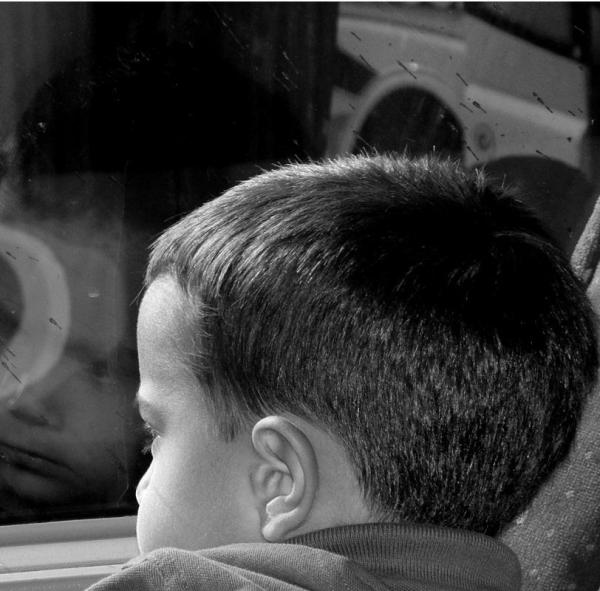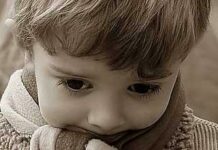Autism is a developmental disorder that affects people’s abilities, mainly with regard to the development of language and social skills. Non-verbal behaviors, such as eye contact, facial expressions and gestures, are notably affected, as well as forms of relationships with other children and even with adults. Autism primarily affects males, and it is a disorder with no cure. Next, we will present you with certain guidelines to know if your child has autism.
Non-verbal behaviors, such as eye contact, facial expressions and gestures, are notably affected, as well as forms of relationships with other children and even with adults. Autism primarily affects males, and it is a disorder with no cure. Next, we will present you with certain guidelines to know if your child has autism.
Steps to follow:
- Problems in verbal and non-verbal communication. The autistic child, at the age of one year, does not babble, does not point to objects, or imitate the gestures that others make, for example, if you wave, he does not follow the gesture. In these cases, it is common that until a year and a half he does not say a word, cannot explain what he wants, does not follow the instructions you give him and does not respond to his name. He also tends to constantly create and invent words.
- Difficulties relating to people and objects. The autistic person is usually not interested in other children and people, many times he plunges into deep isolation. He does not usually maintain eye contact, and there does not seem to be an acknowledgment of other people’s feelings, nor does he usually express his own feelings.
- Stereotypical behavior. The autistic child has established a routine or specific ritual that are abnormal due to their intensity. For example, he is always with the same object touching it or meticulously maintains the order of the shoes. Any modification of this behavior triggers aggressive behaviors such as tantrums or scandalous scenes out of place.
- Hyperactivity-passivity and rejection of physical contact. At times, he tends to have a hyperactive behavior, he does not stay still, he moves from one side to the other. At other times, he seems to be immersed in a reassuring passivity. At autistic children do not like being touched, the attempt to lift or have any physical contact with them.
- You are not aware of the possible dangers. He acts with total lack of awareness in the face of dangers that may affect him in some way. For example, putting your hands on the fire or crossing the street without paying attention.
- Extreme sensitivity the children with autism are extremely sensitive to sounds, touch, smell and to taste. For example, the noise from an alarm may be a disturbing sound to him, or he may feel itchy in certain clothing.
- Repetitive movements. They usually have a series of movements that they carry out continuously, such as making hand gestures or moving a certain part of the body.
This article is merely informative, we do not have the power to prescribe any medical treatment or make any type of diagnosis. We invite you to see a doctor in the case of presenting any type of condition or discomfort.
Tips
- Consult a specialist doctor if you think that your child may be autistic.




